Seeker Bio
My 10 Best Advice for Hikers, Travellers and Dream Seekers!
Tips to fulfill your Canadian Travel and Hiking Dreams!
Hiking guide for your Treks
My Top 10 Best Advice for Hikers, Travellers and Dream Seekers! - Whether you are setting out to get into hiking, are in the process of shifting from day walks and weekend treks to thru hikes, or want to take on that long distance trail. Or perhaps you are looking at going from desk to quest or spending your days planning that venture across Canada? If so, then these simple pieces of advice for every hiker are for you!
While certainly not an exhaustive list of lessons learned from the trail, after more than 3,000 km of trekking across Europe on Camino routes and GR trails and 10,000 km on the Trans Canada Trail in the past few years as a Fellow of the Royal Canadian Geographical Society and as members on an RCGS Expedition we have learned a few things along the way about exploring, getting out there, and about changing your adventure dreams into reality.
Here are a few pieces of advice that are definitely good to keep in mind when you plan your adventures and hit the trails!
"A journey of a thousand miles begins with a single step...."
Confucius
Top 10 Best Advice for Hikers Travellers & Dream Seekers
1. "Hike Your Own Hike"
When you set out to research your vacation or dream hike you will quickly find that there is a deafening chorus of voices telling everyone that there is a "right" way to hike or travel, and if we don't follow it exactly we won't make it, or if we somehow do, it "won't count" because we aren't "real" hikers. Even if you put very little store in other people's opinions, it can be difficult to completely ignore the constant insinuations that you must have specific gear, maintain a certain pace, not exceed a certain pack weight, or strictly adhere to certain criteria (i.e. walking every inch of the trail, or wild-camping only, or any other arbitrary rule). Figure out what works for you, discover what you enjoy, and decide what is important to you - in other words HIKE YOUR OWN HIKE or TRAVEL YOUR OWN TRIP - the rest really doesn't matter. Remember this is YOUR ADVENTURE!
2. Expect it to be Hard
Despite the many Facebook and Instagram feeds which show smiling people who look like they effortlessly skipped up a mountain without breaking a sweat or dirtying their brand-name clothing, long-distance hiking and adventure trekking is hard – physically and mentally. You get dirty, bruised, blistered, sweaty, smelly, bitten, exhausted, lost, discouraged, and sometimes continuing feels impossible. This is not a sign of your personal inadequacy, although if you mention any of this, there will be no shortage of armchair warriors who tell you to quit, that finding it tough means it's too hard for you. Every long-distance hiker meets and experiences their own set of challenges and we all have a steep learning curve - but THE CHALLENGES MAKE THE EXPERIENCE WORTHWHILE!
3. Accept, don't Expect
At first this may sound defeatist, but the easiest way to crushing disappointment is to have your heart absolutely set on a certain experience that doesn't pan out. Having perfect weather, finding a warm shower at the end of a tough day, completing a trail in a certain time-frame, or expecting a certain reaction to or recognition of your efforts are examples of expectations that can easily be dashed. Don't let your disappointment and despair prevent you from seeing the beauty and joy of the experience you are actually having. Once you learn to ACCEPT what happens rather than expect you will have the trek of a lifetime!
4. Don't (entirely) trust Google
Part of preparing for a long-distance hike involves learning as much about trail conditions, distances, amenities, and potential hazards in an area as possible. You go out, know the basics of trail craft and read as much as you can - books, travel blogs, check out online resources like Eh Canada Travel, and Google for advice. Yet the list of ways that the real world differs from online representations of it is a long one, but three of the most important are:
1) Places are rarely as dangerous or unfriendly as they may appear from reading the news;
2) Outside of city centres, distances, locations, and hours of operation for businesses are not always accurate;
3) Trail obstructions like missing bridges, electric fences, or gates with private property signs do not typically appear on online maps.
The lesson being : Always have a contingency plan, trust your instincts as well as common sense, and don't rely entirely on Google for your travel plans!
** For our suggestions of TOP CANADA TRAVEL BOOKS CHECK OUT THIS LINK! **
5. It's more than just Numbers
As a peoples we like to break things down into numbers - kilometres hiked, weight carried, calories burned, time spent on the trail, etc, etc, etc.. However, we aren't machines, and if we set our expectations, measure our successes and failures, and define our daily goals and movements according to numbers alone, we will be miserable and likely only feel frustrated rather than elated by our achievements. Worst of all however, if you trek by the numbers alone, you will miss the experiences, lessons, spontaneity, beauty, and opportunities that come with living in the moment and fully experiencing life. Trails like life, are more than the sum of their parts! Enjoy the moment.
6. It's the Journey, not the Destination
As long-distance hikers we've chosen a mode of transportation that is slower, less-efficient, and (usually) much less direct than any other alternative. In a goal driven world this is a radical act, but it becomes meaningless if we spend all our time focused solely on our destination. It is never the sign, the post, or the cathedral at the end of the walk that matters, it's all the challenges we overcome, the lessons we learn, the experiences we take the time to have, and the people we share them with that we remember. Finding shortcuts and rushing to the end because 'we don't have time' only means we miss what we set out to find. So enjoy the journey, the adventures and all the misadventures you'll have along the way! Always remember that a bad day on the trail makes a fond memory and great story tomorrow! This is top 10 best advice for hikers material.
7. The mind is as important as the body
It's easy to assume that our level of physical fitness is what determines our ability to finish a long-distance hike. While it is a factor, there are countless examples of people with limited mobility finishing long-distance trails, as well as disabled people who have set incredible records. In fact because of these trailblazers there is more focus across Canada on accessible ventures, nature trails, and birding sites across the nation! This reminds us that success in the outdoors depends as much on the mind as it does on the body. Having the confidence to overcome self-doubt, the patience and flexibility to alter expectations of our own abilities and preferences when needed, and the willingness to adapt and compromise to overcome challenges are at least as important as physical ability for completing a long-distance hike.
To learn more about accessible areas in your neighbourhood and to find accessible nature areas and trails check out : AccessNow and download their free App!
To learn more about accessible bird sites across North American check out : Birdability
8. You have to really want it
If you're a long-distance hiker you will find many reasons to leave the trail, some of which will seem very compelling. Injuries, family events, job offers, loneliness, or simple boredom are just a few. To finish a trail you need at least one good reason to keep pushing forward through thick and thin. Therefore it might be complicated, you may not fully understand it, and chances are, it won't be the one you share with strangers you meet along the way. Ultimately you need to know why you are out there exploring - remember it is your adventure and make your reasons the guiding light!
9. Nothing is what you Expect
No matter what you think a weekend hike or a long-distance trek is going to be like, you'll be surprised. Places you've been before will seem completely different when you visit them on foot. You'll get past obstacles or places you've spent months dreading and be stopped by things you never imagined. Even though you're 'living the dream' and experiencing new things every day, life on the trail becomes a routine. Like any routine, without conscious effort it can become boring. The best moments will be better than you could have imagined, and the toughest times won't be what you expected. Not all Top 10 Best Advice for Hikers are easy ones.
10. It's all about Perspective
In the short term, the way we see a place is determined by our past experiences, our current mood, and our expectations. It is possible to be miserable in a beautiful landscape and content in an industrial wasteland depending on our mindset (trust me I have done both). In the long term, going on a long-distance hike will change how you see yourself, the world, and everyone else, and it will alter your understanding of what's possible and what's important in life. This process won't always be easy or enjoyable, and it makes it very difficult to 'go back' home to a 'normal' life afterwards. It doesn't mean you've found 'the truth,' it just means you'll never see things the same way again. As the saying goes "I am not the same for having seen the moon shine on the other side of the world!"
Making your Adventures come to Life
In conclusion, this is certainly not an exhaustive list of lessons from the trail or advice for hikers and adventurers! So our question to you is what advice would you add to this list for those seeing to transform their trekking plans into reality or for those stepping outdoors for the first time?
Share your ideas and trekking experiences below!
"Sometimes you find yourself in the middle of nowhere and sometimes in the middle of nowhere you find yourself..."
Top 10 Best Advice for Hikers
When you subscribe to the blog, we will send you an e-mail when there are new updates on the site so you wouldn't miss them.


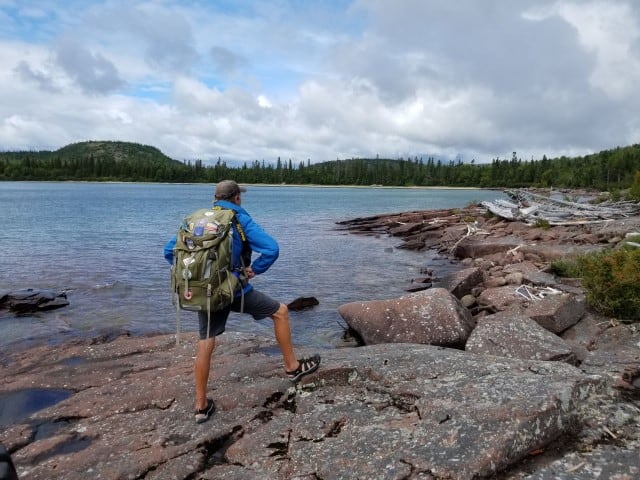
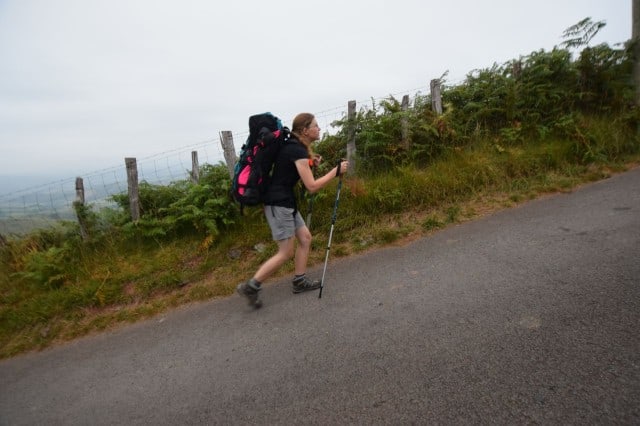
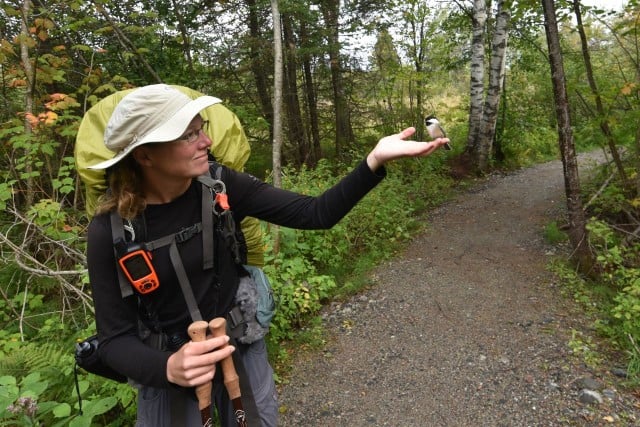
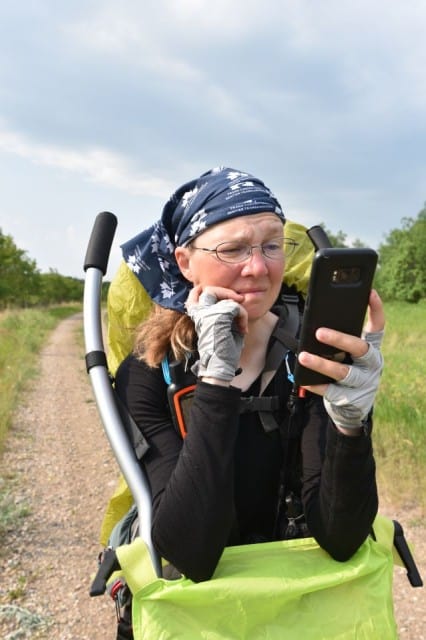
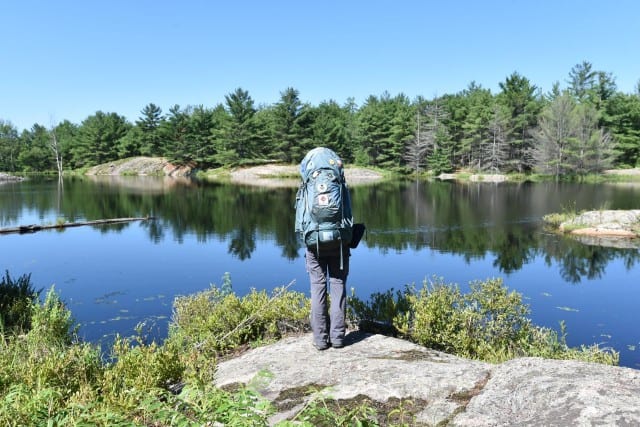
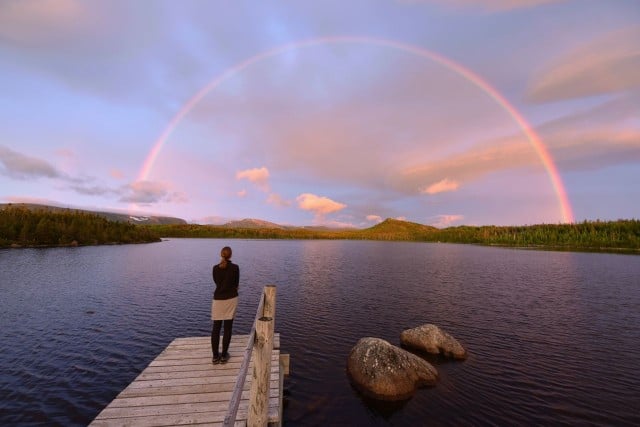
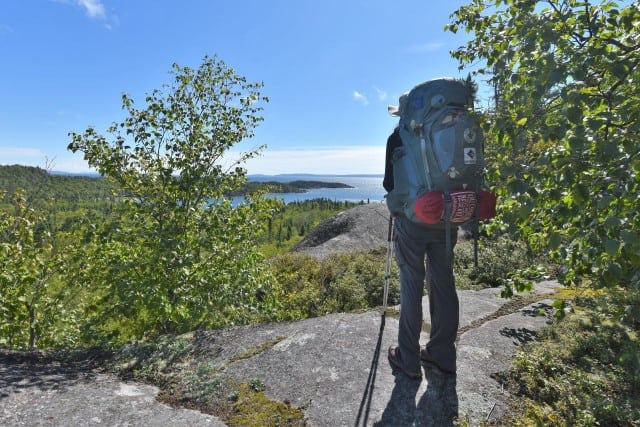
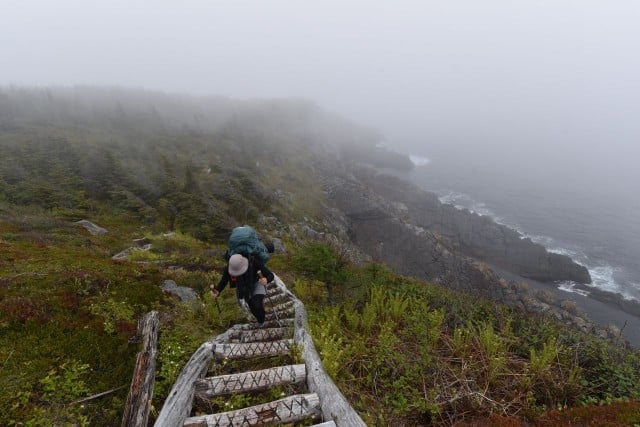
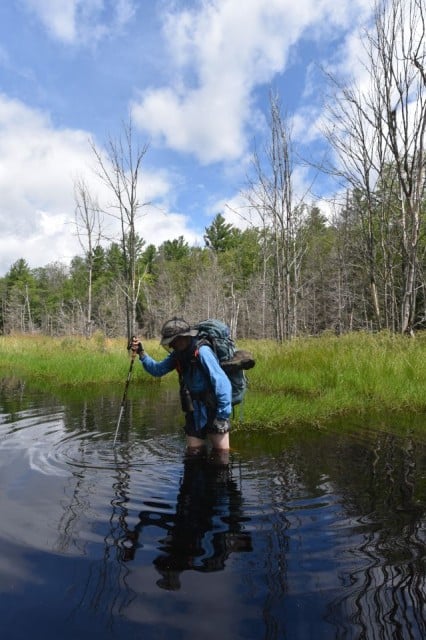
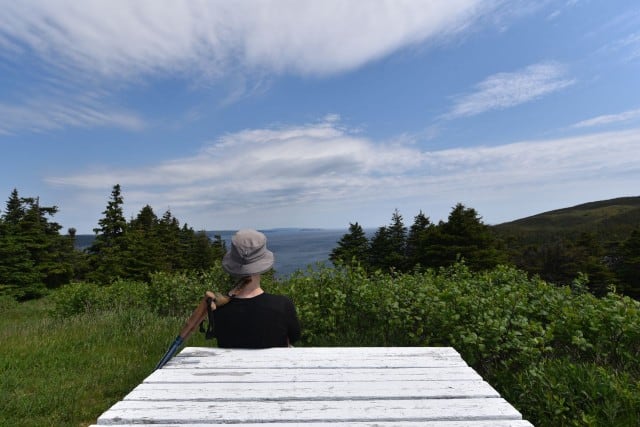

Comments 2
This is such a raw article of many truths of exploring. So many poignant phrases. Sonya shares the emotions of travel through triumph and challenge which makes exploring so beautiful. Thank you Sonya. This was a great read.
Excellent list of tips garnered from long hours spent on the trail - thx Sonya!